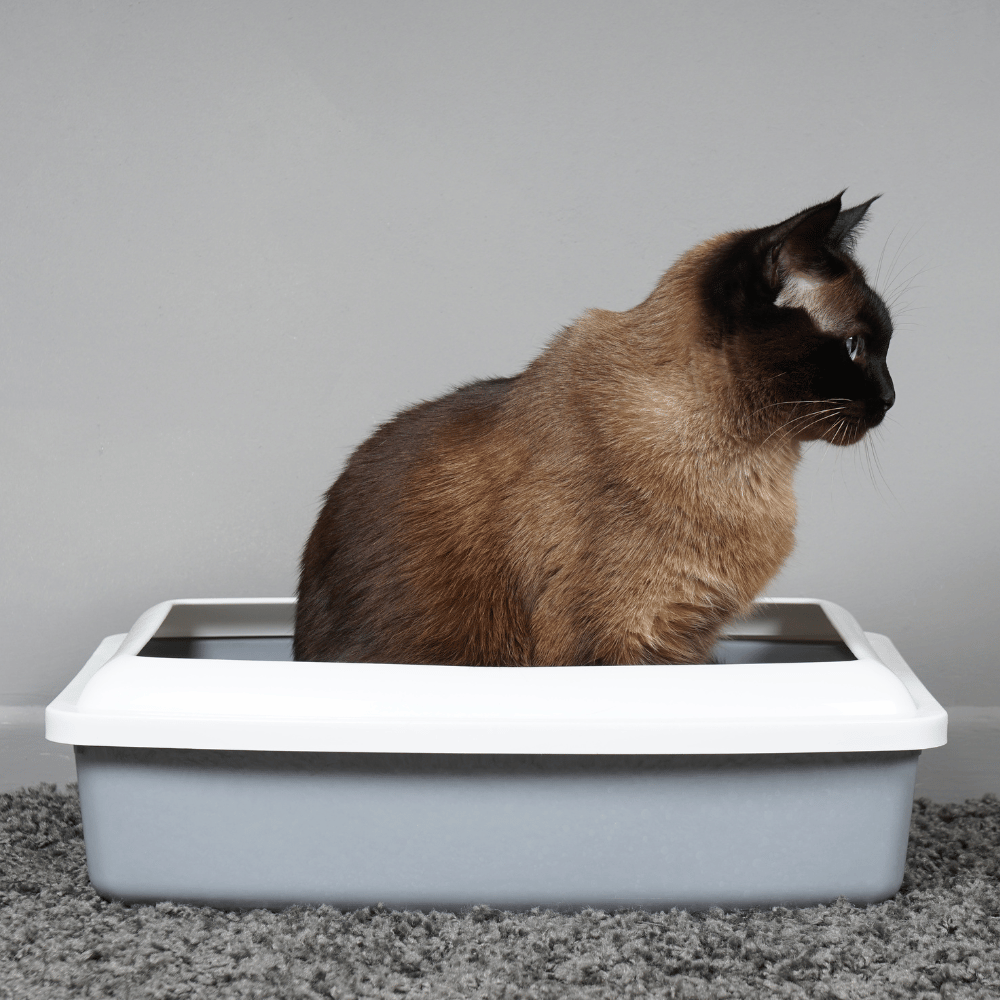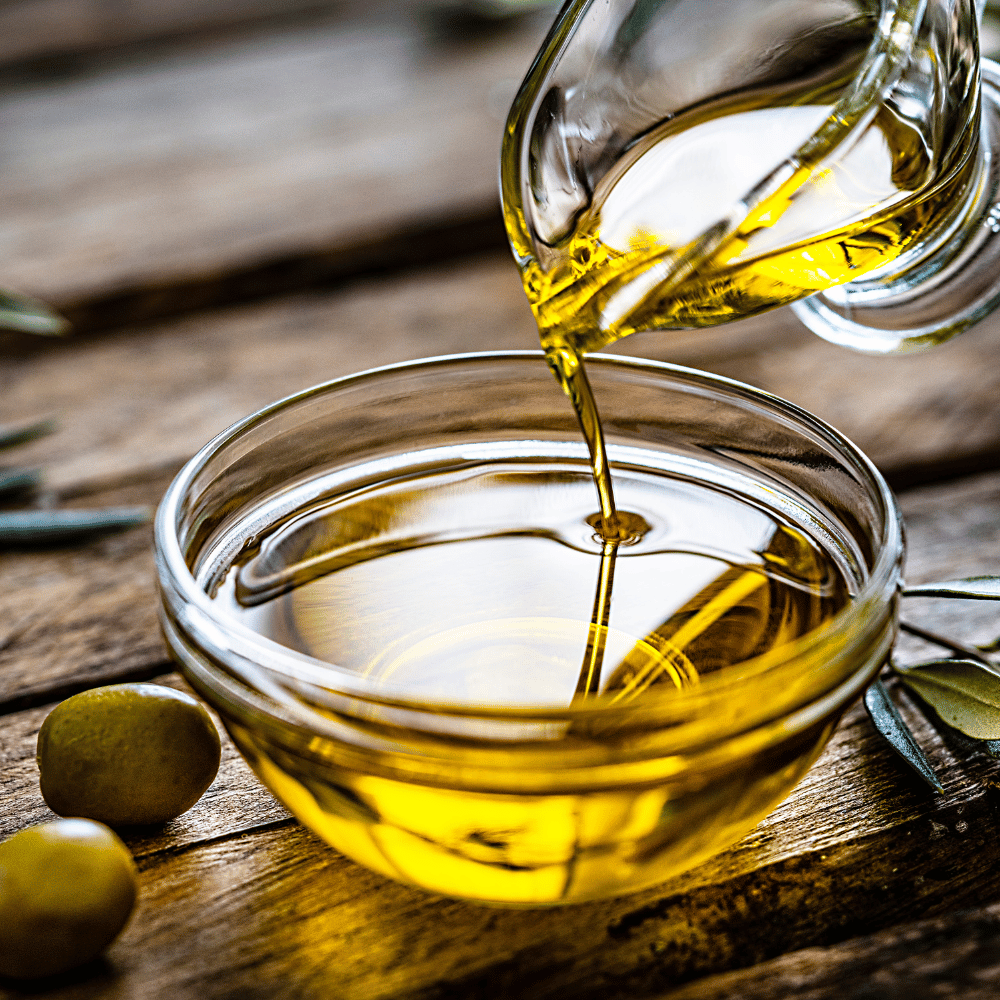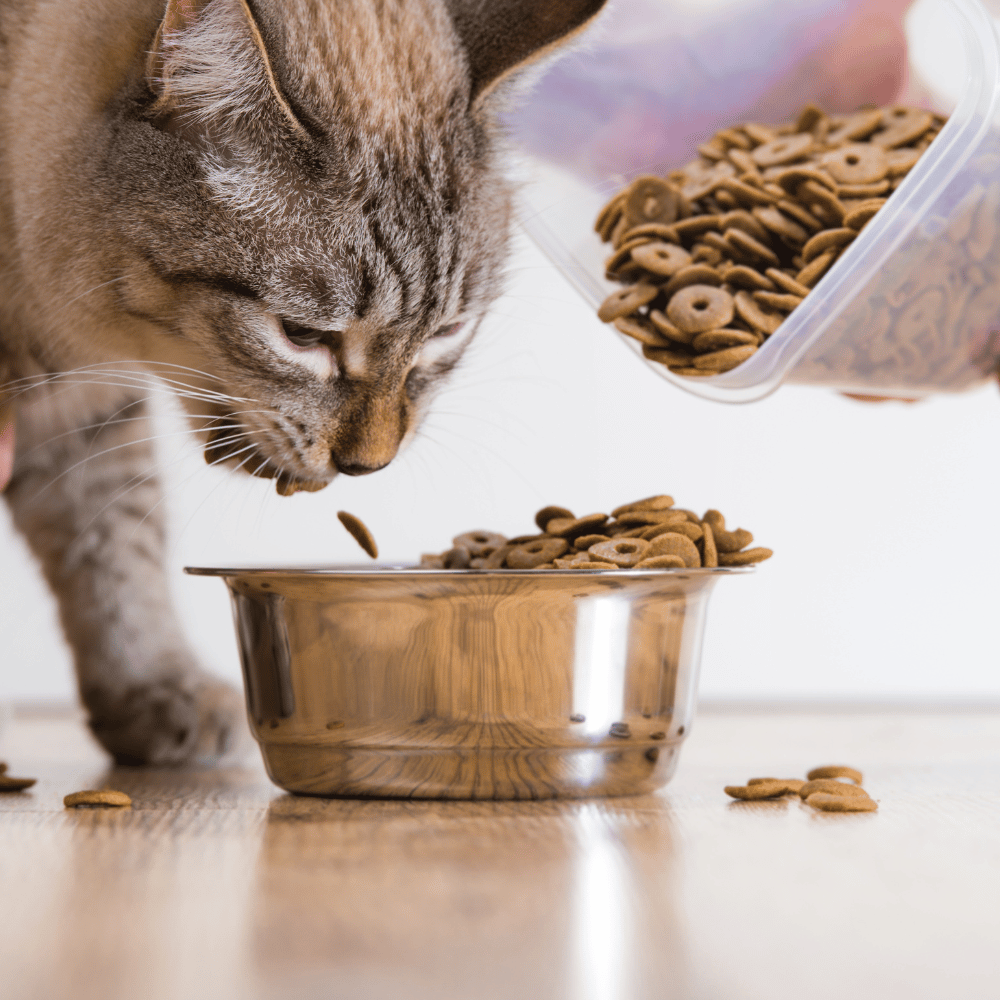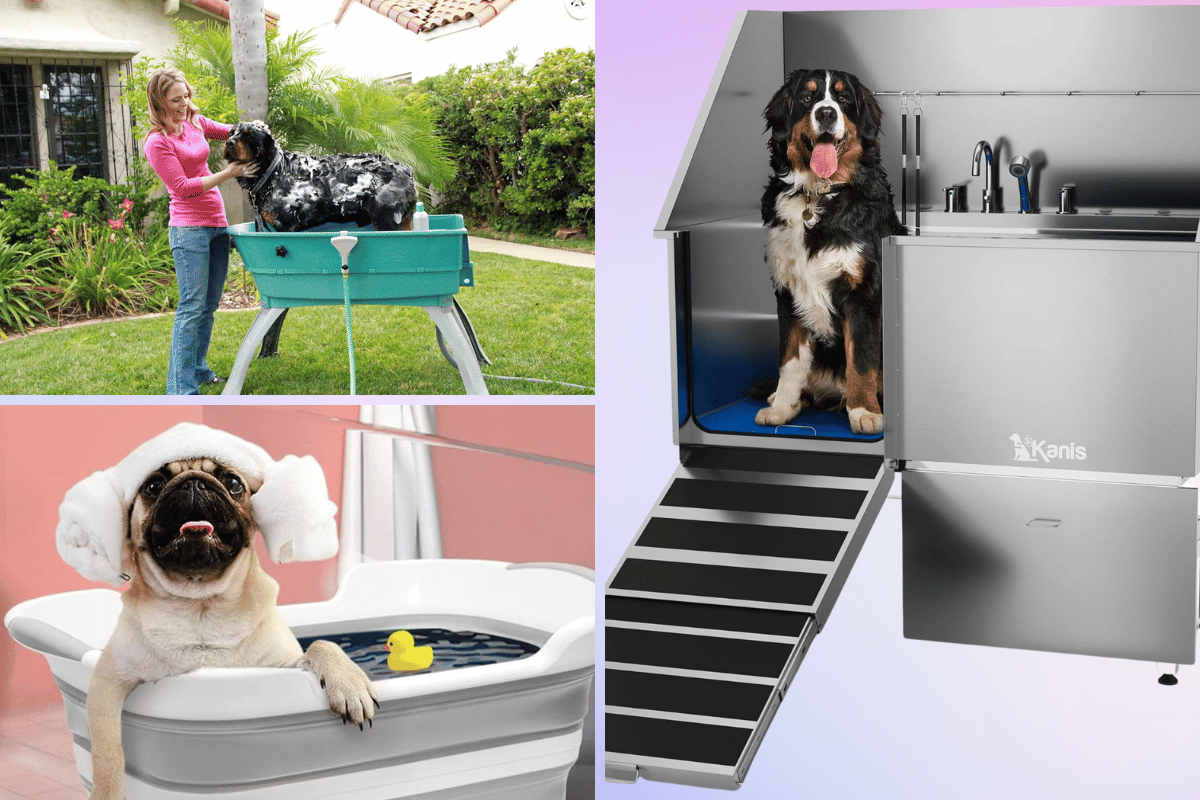Key Takeaways:
- Olive oil can be a natural remedy for feline constipation, but it should be used in moderation.
- Extra virgin olive oil may also contribute to a shiny and healthy coat for cats.
- Consultation with a vet is crucial before adding olive oil or any new element to your cat's diet.
Constipation in cats can be a discomforting and potentially serious issue. As a pet owner, watching your feline or furry friend, struggle with digestive problems is distressing.
While there are many remedies available, olive oil is often touted as a natural solution. But is it safe for cats, and how should it be administered? Let's dive into the details.

Understanding Feline Constipation
Constipation in cats is characterized by infrequent or absent bowel movements, which can lead to discomfort and health issues. It's important to recognize the signs, such as straining in the litter box, hard stools, or no stool at all. If your cat is suffering from constipation, it's essential to address the issue promptly.

The Role of Olive Oil
Olive oil is known for its laxative properties, which can help stimulate bowel movements in cats. A small amount of olive oil added to your cat's food can lubricate their digestive system, making it easier for them to pass stools. However, the key is to use it sparingly.
How Much Olive Oil is Safe for Cats?
The recommended dose of olive oil for a cat is about half a teaspoon to one teaspoon, depending on the size of the cat. It's crucial not to overdo it, as too much olive oil good and can lead to diarrhea and other digestive issues. Always start with a small amount and observe your cat's reaction.
Benefits of Olive Oil Beyond Constipation
Extra virgin olive oil is not only good for easing constipation but also for maintaining the skin and a shiny and healthy coat. The essential fatty acids in olive oil can contribute to skin health, reducing dry skin and improving fur quality.

Incorporating Olive Oil into Your Cat's Diet
When introducing olive oil to your cat's diet, it's best to mix it with their regular cat food. This ensures that they receive the health and benefits of olive oil without being put off by the taste. Remember, cats have different taste receptors than humans, so what seems far-fetched to us may be appealing to them.

Olive Oil as a Source of Fat in a Cat's Diet
When considering the addition of olive oil to your furry friend's diet, it's essential to understand its role as a source of fat. Cats require a certain amount of fat to maintain their energy levels and support cell function.
A little olive oil can provide the necessary fats that are vital for your kitty's health. These fats are not just a source of energy; they also help in the absorption of fat-soluble vitamins, such as vitamin E, which is an antioxidant that supports your cat's skin and coat health.
However, it's crucial to remember that not all fats are created equal. Olive oil is a monounsaturated fat, which is considered healthier than saturated fats found in many commercial pet foods. Including a small amount of olive oil in your cat's food can contribute to a more balanced diet.
But, as with any dietary change, it should be introduced slowly and in moderation to avoid digestive upset or weight gain, which can lead to other health issues.
Olive Oil as a Lubricant for Hairballs
Have you ever noticed your cat coughing up hairballs? It's a common issue, but did you know that olive oil can help? When cats groom themselves, they ingest hair, which can form hairballs. These can be uncomfortable and sometimes even dangerous if they cause blockages.
Olive oil acts as a lubricant, helping these hairballs pass through the kitty' digestive system more easily. It's not a far-fetched idea; many pet owners have seen the benefits of adding a small amount of olive oil to their cat's food to aid in this process.
However, it's crucial to remember that moderation is key. While olive oil is good for helping with hairballs, too much can lead to diarrhea or upset stomach. A few drops mixed into your cat's diet can make a significant difference.
Always monitor your cat's reaction to the oil and consult with your vet if you're unsure about the appropriate amount. Remember, every cat is unique, and what works for one may not work for another.

Olive Oil Versus Other Vegetable Oils
When considering adding oils to your cat's diet, you might wonder if olive oil is the best choice. After all, there are various vegetable oils available, such as sunflower oil, corn oil, and even coconut oil. Each of these oils has different properties and benefits.
Olive oil, in particular, is rich in monounsaturated fats, which are healthier for your cat's heart compared to the polyunsaturated fats found in many other vegetable oils. Plus, olive oil contains antioxidants that can support overall health.
But let's not forget about taste – cats can be quite picky eaters. While some cats may enjoy the taste of olive oil, others might prefer a different type of oil in their food. It's all about finding what your pet enjoys and what aligns with their dietary needs.
If you decide to try a different oil, make sure to introduce it slowly into your cat's diet and observe how they react. As always, consult with your vet to ensure that any changes to your pet's diet are safe and beneficial for their specific health requirements.
Olive Oil and Feline Pheromone Receptors
The idea that cats can enjoy the taste of olives and olive oil might not be as far-fetched as it seems. Cats eat olives and may show an interest in olive oil because they contain compounds that can stimulate a cat's pheromone receptors.
These receptors are part of a sensory system that cats use to communicate with humans and their environment. While it's not the same as the reaction cats have to catnip, some cats may be attracted to the scent or flavor of olive oils due to this unique interaction with their sensory receptors.
Incorporating olive oil into your pet's diet should be done with an understanding of these sensory experiences. A little olive oil might be enjoyable for your cat, but it's important to observe how your cat reacts to it.
Some whose cats eat olive oil may be indifferent, while others could show a keen interest. Always monitor your furry friend's response to new foods and consult with your vet if you're unsure about any changes to your cat's diet, especially if they involve non-traditional items like olive oil or whole olives.
Alternative Oils for Feline Health
While olive oil is a popular choice, other oils like coconut oil, fish oil, krill oil, vegetable oil, and sunflower oil also offer health benefits. These oils contain essential fatty acids that can support your cat's immune system and overall health.

The Importance of a Balanced Diet
Olive oil should be part of a healthy, balanced diet for your cat. Relying solely on home remedies like olive oil may not address the underlying cause of constipation. Ensure your cat has access to high-quality cat food, fresh water, and a diet that includes both wet and dry food to promote regular bowel movements.
Recognizing When to See the Vet
If your cat's constipation persists despite natural remedies, it's time to visit the vet ASAP. Chronic constipation can potentially lead to more severe health issues, such as heart disease or sodium toxicity. A professional can provide a proper diagnosis and treatment plan.
The Science Behind Olive Oil and Cats
Scientific studies have shown that olive oil can have laxative properties, which are beneficial for cats suffering from bowel issues. However, it's important to use scientific evidence as a guide and not rely on anecdotal experiences alone.
Precautions and Side Effects
While olive oil may offer health benefits, it's not without potential side effects. Overuse can cause diarrhea, which can lead to dehydration and electrolyte imbalances. Always monitor your cat's response and adjust the dosage accordingly.
SwagScale Summary
Olive oil can be a helpful home remedy for cats with constipation, but it should be used with caution. A small amount, such as about half a teaspoon, can aid in stimulating bowel movements and contribute to a shiny and healthy coat.
Check with your vet if cats have olive oil will they get sick? Olive oil is not a cure-all, and professional advice is crucial when dealing with chronic constipation or other health issues.
However, it's essential to maintain a balanced diet and consult with a vet before making any significant changes to your feline friend diet.
Your Cat Guru,
Kim.
FAQ Section
Can cats eat olive oil?
Yes, cats can eat a small amount of olive oil. It can be beneficial for constipation and maintaining a shiny coat. However, it should be given in moderation and as part of a balanced diet.
How much olive oil should I give my cat for constipation?
The recommended dose is about half a teaspoon to one teaspoon, depending on the size of your cat. Start with a smaller amount to see how your cat reacts and consult with your vet.
Are there any risks associated with giving my cat olive oil?
While olive oil can have health benefits, overuse can lead to diarrhea and other digestive issues. Always use it in moderation and under the guidance of a veterinarian.







